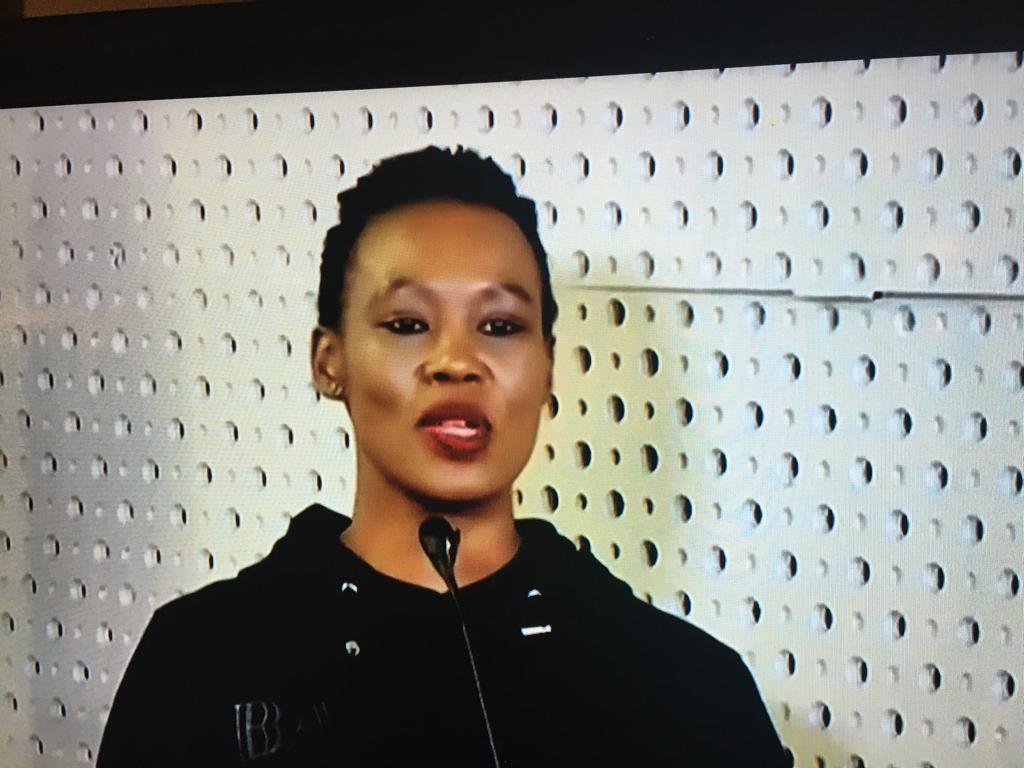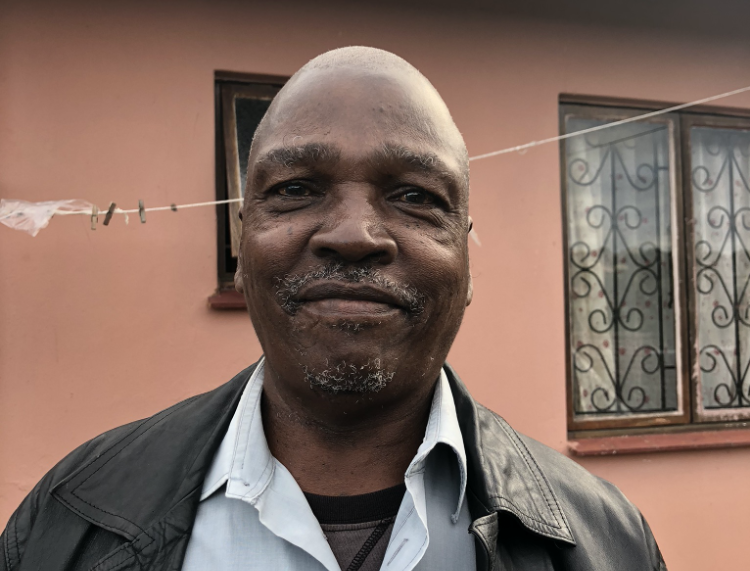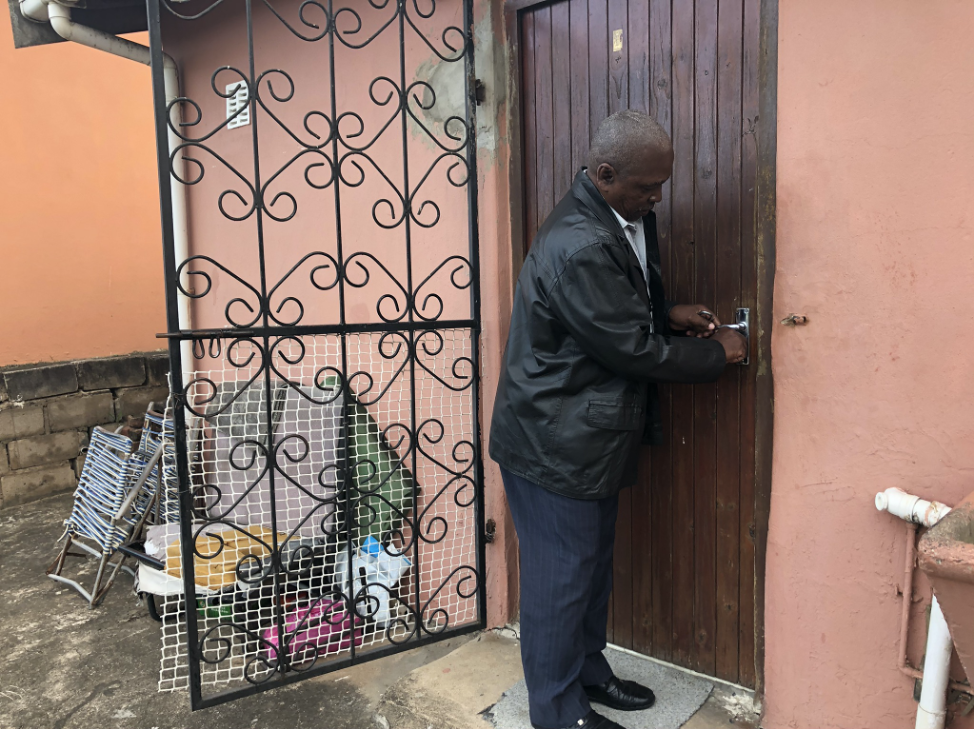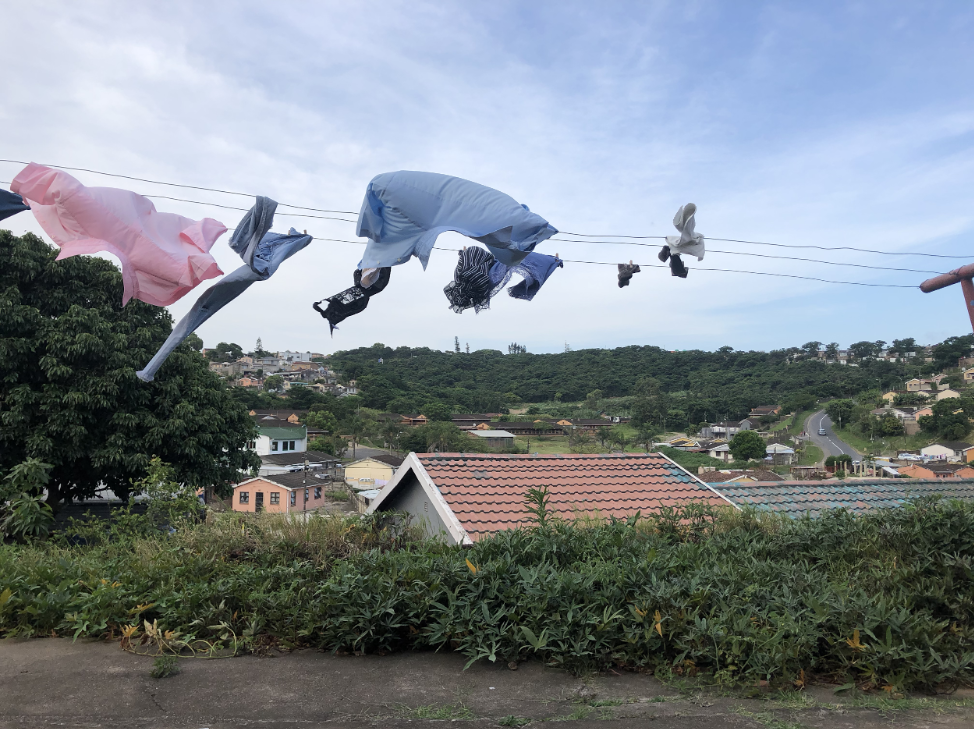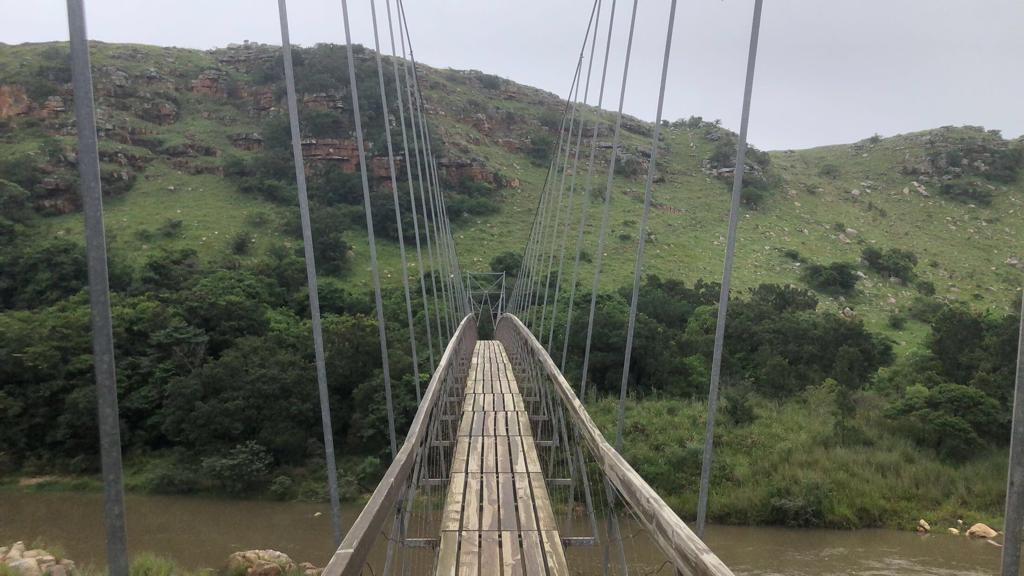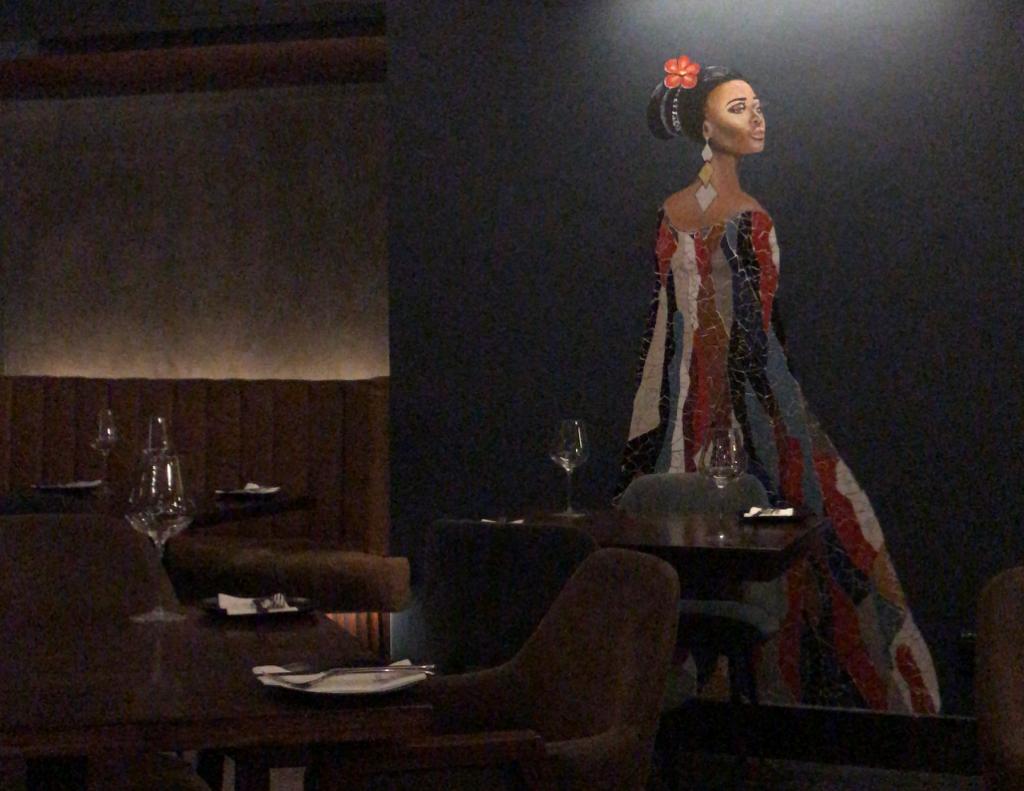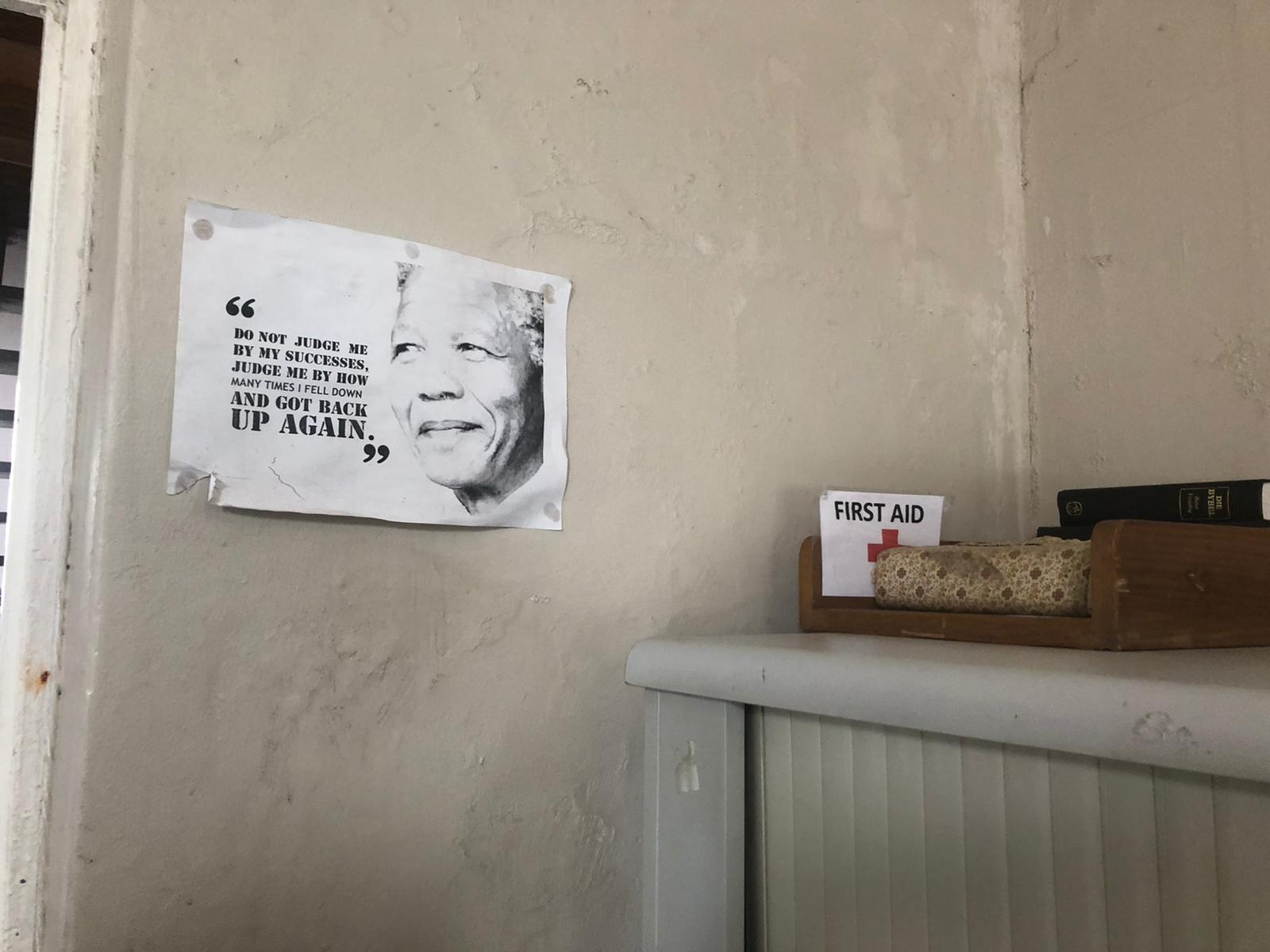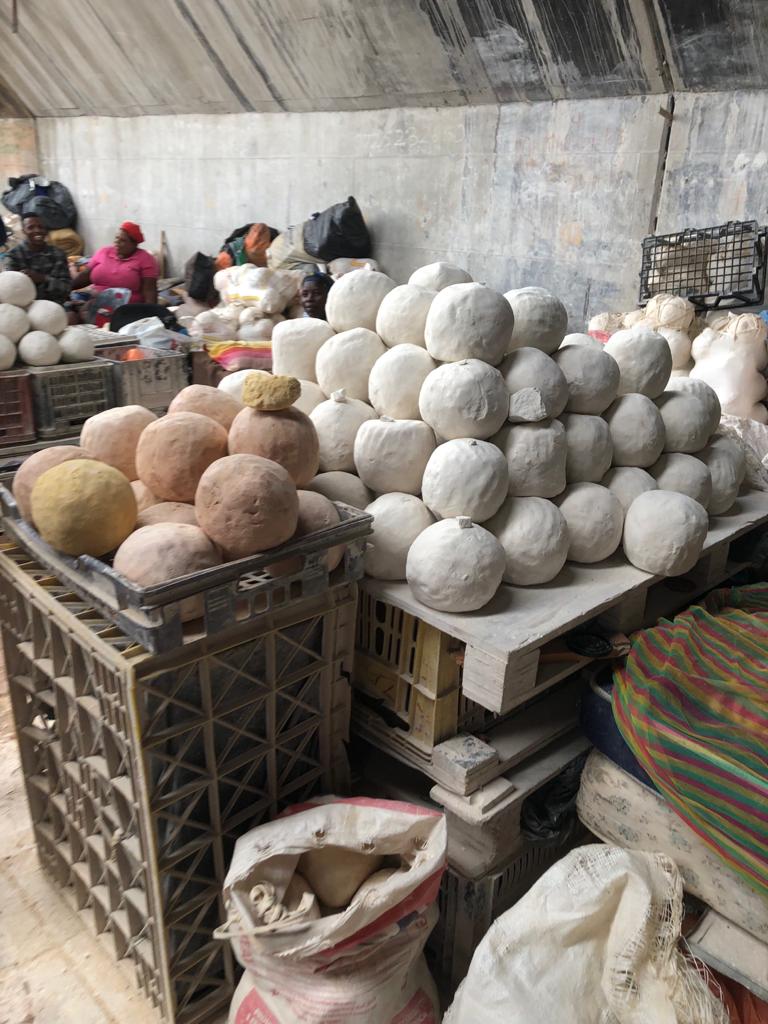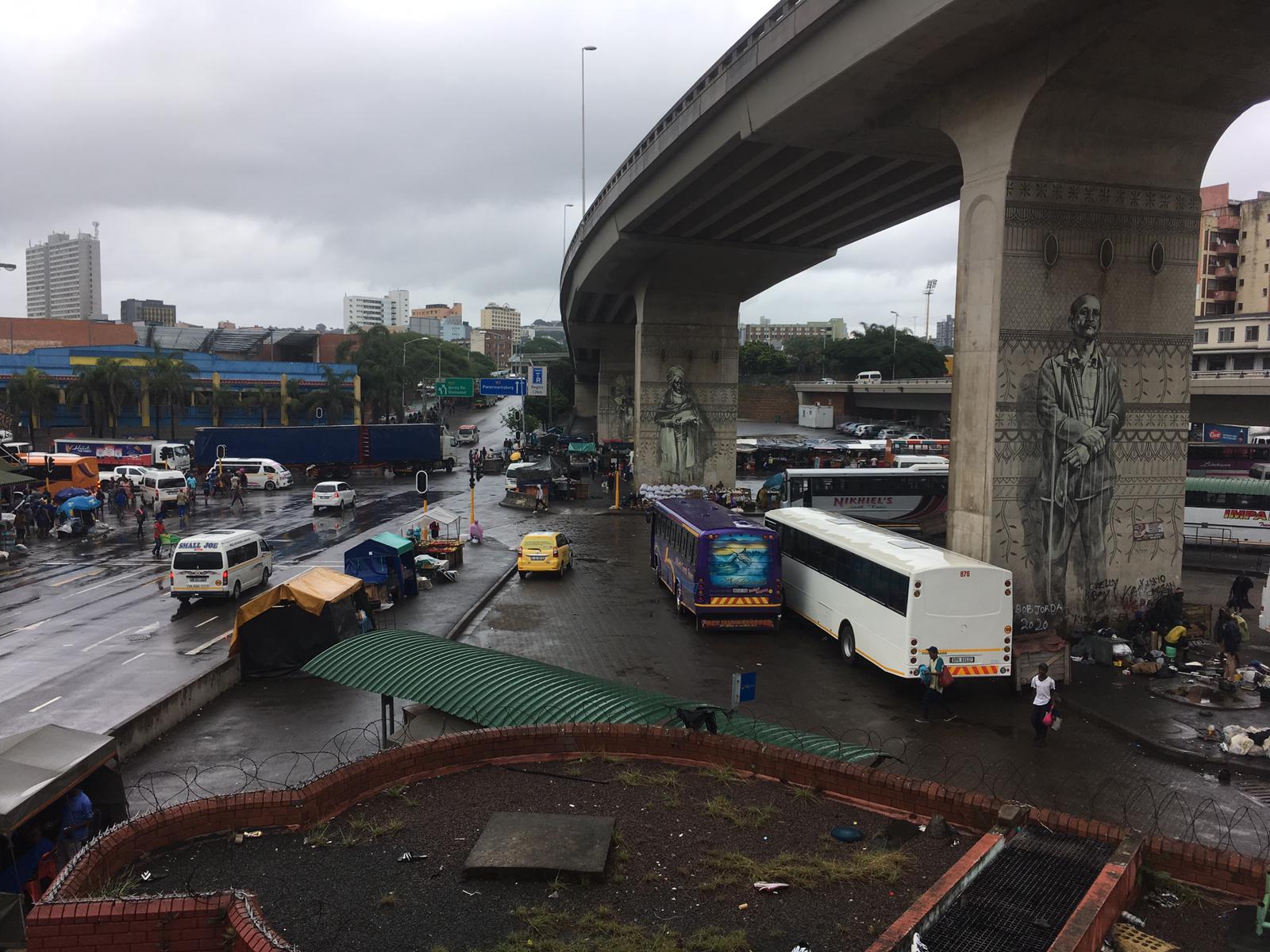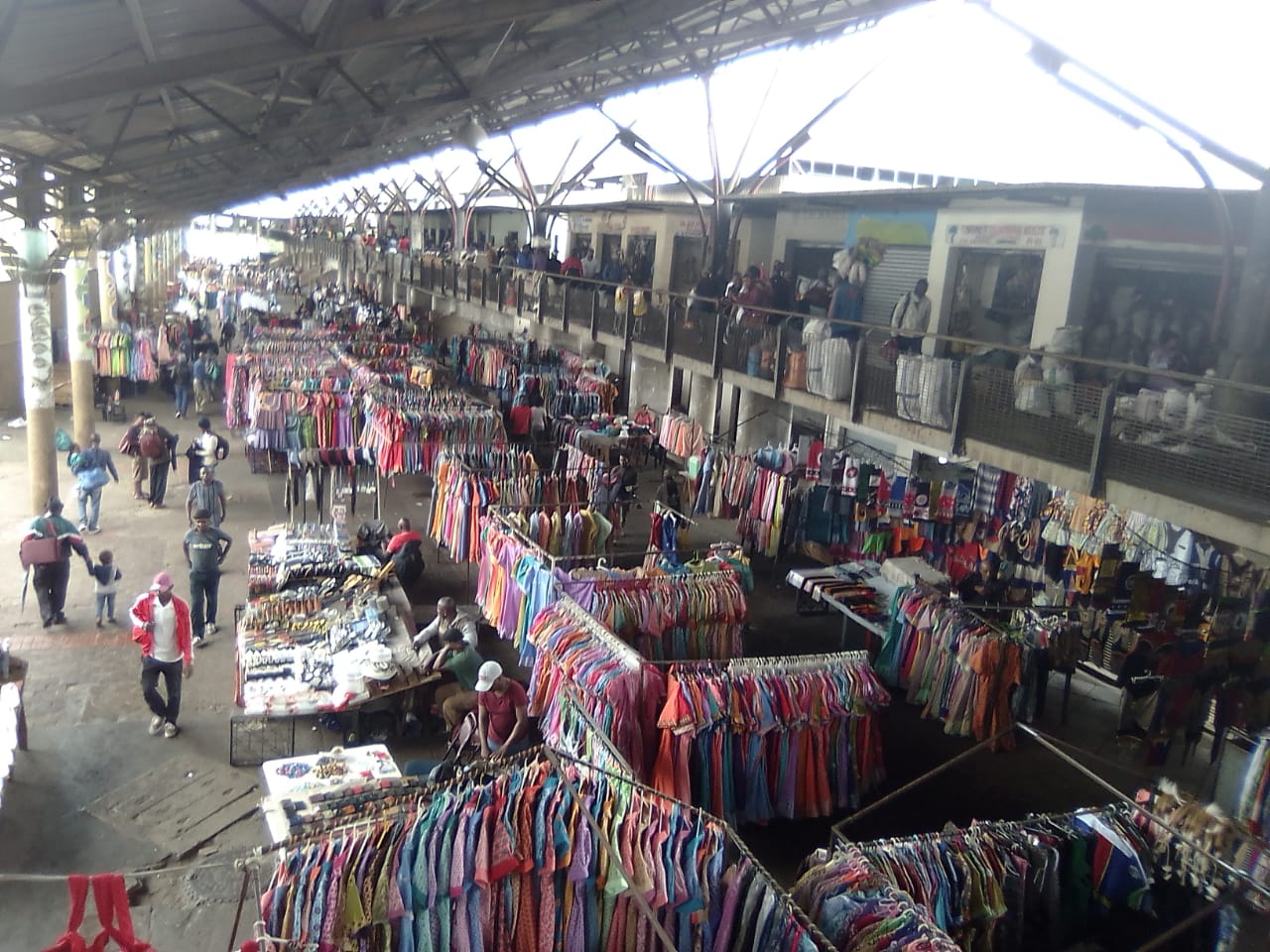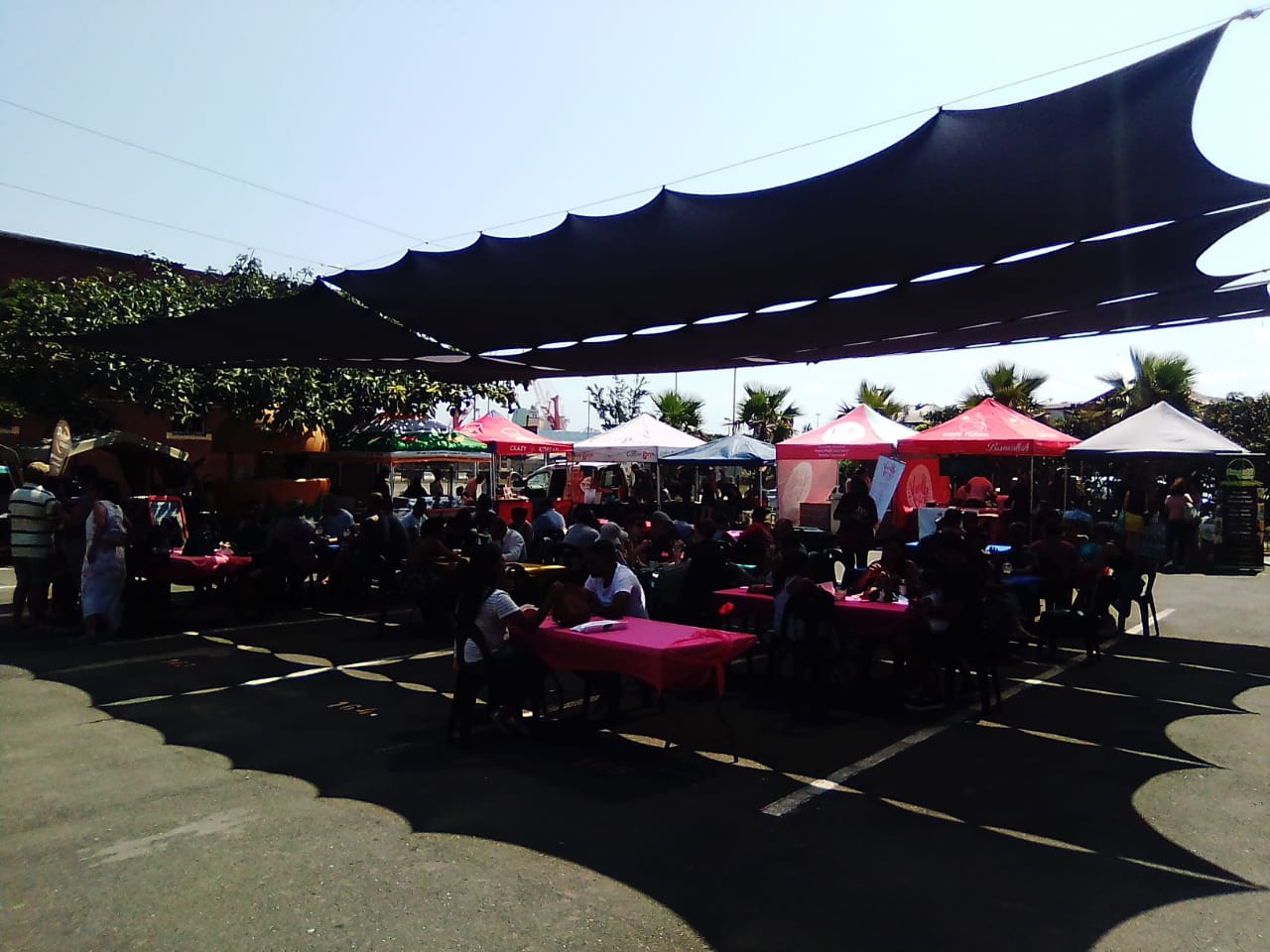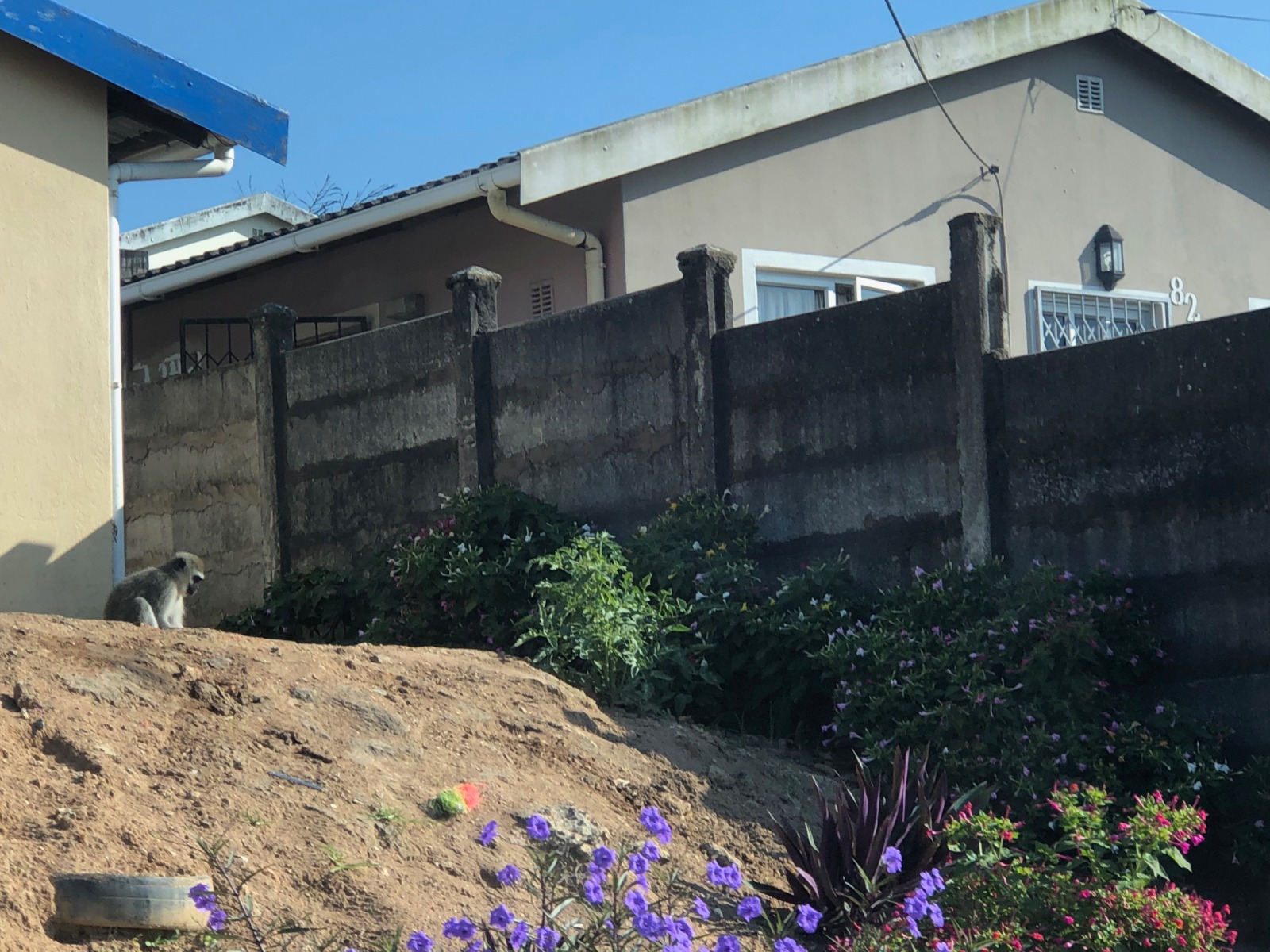Minister of Communications Stella Ndabeni-Abrahams addresses the press conference on cell phone tracking Thursday. (Skylar Thoma)
The South African government moved to reassure its citizens yesterday that cellphone tracking efforts will only be used on people who have tested positive for coronavirus and have not gone into quarantine.
At a media briefing of the Coronavirus National Command Council on Thursday, Ministers clarified regulations surrounding the nationwide lockdown. Minister of Communications Stella Ndabeni-Abrahams addressed public uncertainty about how the tracking measures would be used.
“This is not spying on anyone,” she said.
Minister of Justice Ronald Lamola further reassured citizens that the information will only be used by the Department of Health, and a judge will be appointed to oversee the use of data.
When a person is tested for coronavirus, Ndabeni-Abrahans said, health officials record their personal information, including their address and mobile phone number. If the test results come back positive, the Department of Health will be able to ask cellphone carriers for a history of the person’s location. The government will then be able to track down the person in question and identify others who may have been in contact with them.
The tracking services are a key part of the government’s effort to enforce self-isolation of coronavirus carriers, in particular those who do not go into quarantine. Over the weekend, a man was arrested after he had travelled from Gauteng to Limpopo, despite having received positive test results.
Minister of Police Bheki Cele told the press conference that 2289 people had been arrested since the start of the lockdown for disobeying the emergency regulations. Almost 24,500 members of the police force, the army, and metro police forces had been deployed for enforcement. He implored citizens to obey regulations “so that we are not forced to enforce the law”.
Cele also criticised provincial governments that are publishing their own interpretation of the national regulations. Regulations published by the Western Cape government on Wednesday suggested that the sale of tobacco products would be allowed as long as they were purchased alongside essential products.
“What is done in Limpopo is expected to be done in Western Cape,” he said. “For now, cigarettes are not sold”.
Western Cape Premier Alan Winde today told Eyewitness News that he had spoken to the President about different interpretations to the regulations, including on cigarettes, and had asked for more clarity. He expected the matter to be considered at the next Co- Ordinating Council meeting.
Another member of the task force, Minister of Cooperative Governance and Traditional Affairs Nkosazana Dlamini-Zuma, clarified that spaza shops should be allowed to stay open. She also announced that informal food traders in the townships will be permitted to trade so long as they get a permit from their local authority. The announcement comes as a relief to traders and the customers who rely on their merchandise.
Dlamini-Zuma was asked by a reporter to confirm or deny rumours of plans to extend the lockdown in South Africa. She said that no such decision had been made, but “nothing is cast in stone”.




